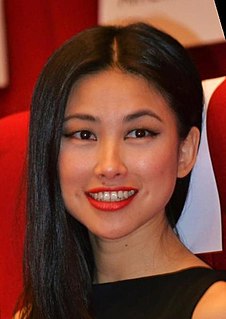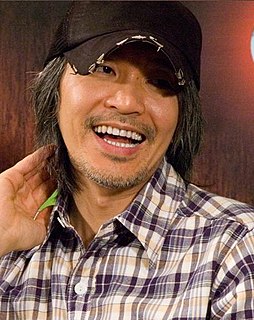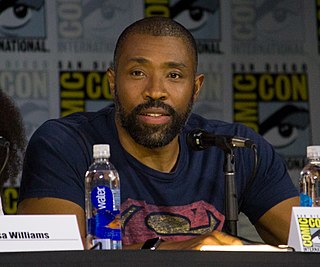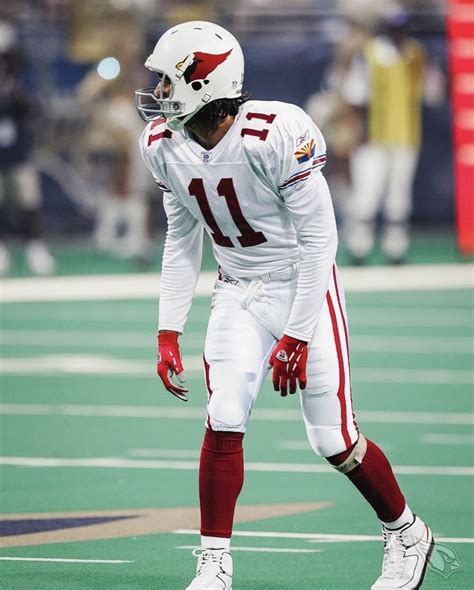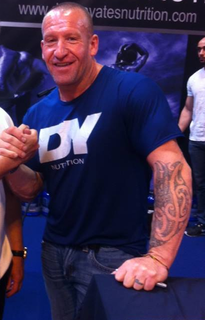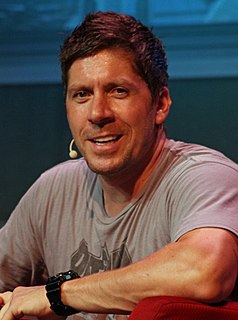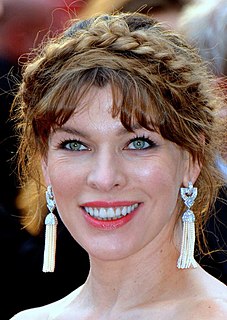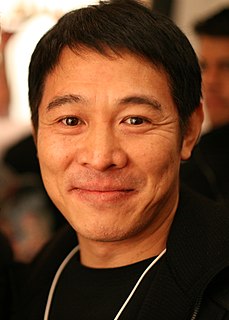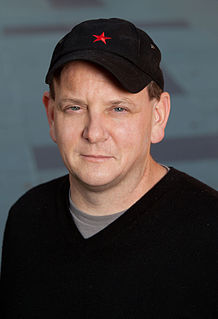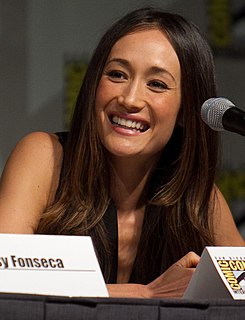A Quote by Zhu Zhu
I don't mind doing action or kung fu, but I'm also really happy to do something dramatic. I'd like to show that a Chinese girl doesn't have to do crazy martial arts to get the part.
Related Quotes
We wanted the elemental 'bending' to be based on authentic Chinese traditional martial arts, believing this would lend a beauty and resonance to the animation and the fictitious disciplines. Once we had that idea, I started looking for a Kung Fu teacher/Martial Arts consultant. My search led me to Sifu Kisu and I began training with him right away.
Back in the Bruce Lee era, and in my era, Kung-Fu stirred up a kind of frenzy, and many people were learning martial arts from us. But about a decade ago, Hollywood began bringing in a number of our action choreographers, including two from my own stunt crew, where they became martial arts directors. Now, a decade later, Hollywood has learned it all, so when you look at the action films they're making now, they all use our action, our martial arts, and then add to that their own technology which is ten times better than ours, and it has to leave us dumbfounded: how did they film that?
On 'Black Lightning' I have a stunt double who's a lot younger than me. The fighting style on the show is heavily martial arts-based, and I know boxing; I don't know martial arts. I also have a really bad knee, and he's been doing martial arts since he was 6 years old, so I'm not thinking, 'No, I can do that! I can make that look cool!'
Well we've got to do a lot of kung fu choreography, which was really cool. Like I have, you know, like the big hammer that I use, kind of like a staff in a sense. So I get to use that like a really cool weapon. Kung fu style. And it's just really fun to get to learn that and execute it in a way that looks cool on screen. It just feels really rewarding.
Growing up as a kid, I wanted to be a ninja. In martial arts, even though I did Chinese kung fu, I always wanted to be this secret samurai or a ninja. There's something about ninjas that was very appealing to me as a kid. So of course, I was climbing a lot of trees and other things and getting up to mischief - good mischief.
In my mind, martial arts movies are martial arts movies and action is action. It's quite different, because martial arts doesn't just have physical form; you have a philosophy, internal and external. A lot of it involves your life. How you see the world. An action film I think is just about the movement. I think it's different.
Miles and I had been looking to do a martial arts show for some time. Our first two movies that we wrote were "Lethal Weapon 4" and "Shanghai Noon" with Jackie Chan. Then we sort of got pulled into the superhero world, but then you look around at what's not on television and there wasn't really a martial arts shows. There are shows that do martial arts to a degree, but there's not a martial arts show.
To AMC's credit, I think what they saw was the show doesn't exist in the marketplace. They knew that there was a hunger for a martial arts show. They also knew that you have this strong tradition of martial arts cinema, so even though it's not branded by a novel or a comic book or an old movie or something, we do have the genre itself, which people love.
